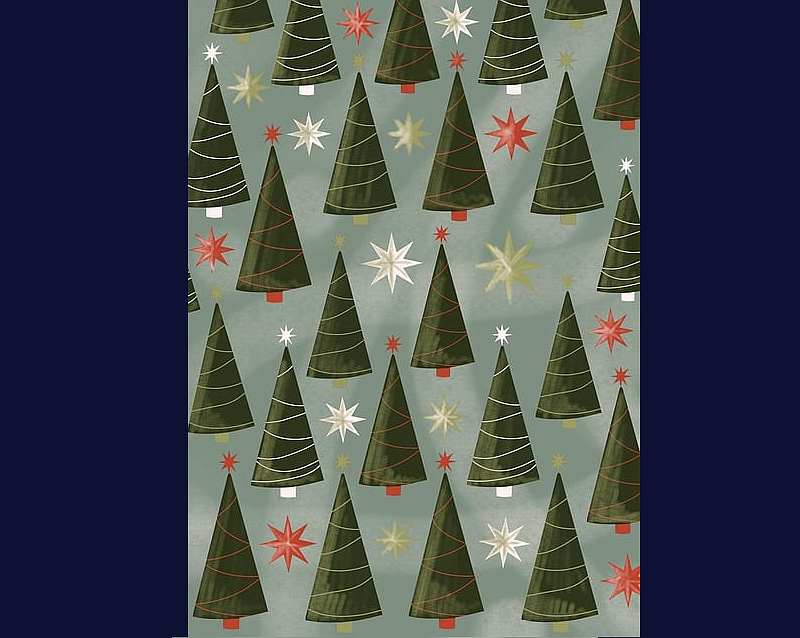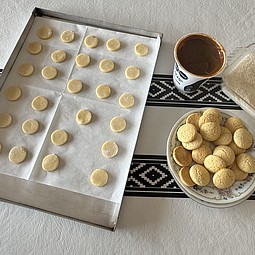Christmas Tree Syndrome
November 29, 2023 at 9:45 p.m.
Millions of Americans are setting up their Christmas trees and retrieving holiday decorations from the attic, basement, or garage. Unfortunately, these seasonal items can cause respiratory problems for many people as we breathe in the mold and dust they have collected over the past 11 months.
According to the EPA, on average Americans spend approximately 90 percent of their day indoors, where concentrations of some pollutants can be 2 to 5 times higher than the air we breathe outdoors. These conditions are made worse during the holidays as we add trees, decorations and candles around our homes. These items can be harmful for friends and family members with allergies, asthma, or other respiratory issues.
Here are some common holiday decoration practices that contribute to unhealthy air quality in the home and ways to keep everyone safe this time of year.
“Christmas Tree Syndrome” – While the pine scent may be nice to smell, the pollen and mold remaining on a live Christmas tree can be dangerous to breathe. Researchers at State University of New York found that 70 percent of the molds found in live trees can trigger asthma attacks, fatigue and sinus congestion. Artificial trees can also cause problems, especially if they’re not wrapped properly and have accumulated dust and mold spores while in storage.
Here are some tips before you set up the Christmas tree this year:
For Live Trees:
- Hose off the tree to remove pollen and mold and let dry before you bring it inside.
- Wear gloves and long sleeves when carrying the tree to avoid sap touching your skin.
- Wipe down the trunk of the tree with a solution of 1-part bleach, 20 parts lukewarm water.
For Artificial Trees:
- Wrap the tree securely, store in a cool and dry place.
- Wipe down the tree and ornaments before setting up.
- Reduce or eliminate spray snow to frost your tree and windows. Aerosolized chemicals can cause irritant reactions in the eyes, nose or lungs.
Punt the poinsettias – The cheerful, traditional plant is everywhere during the holidays. But did you know poinsettias are members of the rubber tree family? That means anyone allergic to latex could develop anything from a rash to severe breathing problems, just by touching or inhaling the allergen. The plants can also be toxic to pets, which can lead to vomiting, diarrhea or skin or eye irritation in dogs and cats.
This article is courtesy of AdvanaClean





